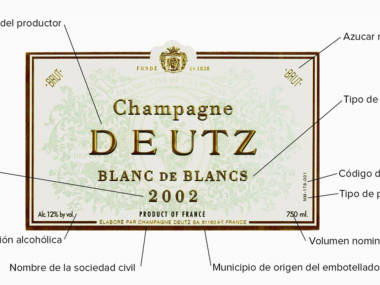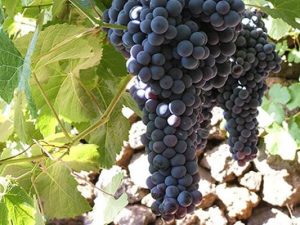The cork is the first option we think about for the conservation of the wine in the bottle. However, is it the best one? Or is the screw cap convenient? The truth is that the answer is not so black or white, there are nuances, and here we tell you about them.
The cork: Yes or no?
Cork has been the preferred choice for sealing wine since the beginning of modern Europe in the 15th century. This is because cork is one of the few natural products that can serve to keep the contents inside the glass bottle.
Today, we can talk about a series of benefits and disadvantages associated with the use of natural cork. As far as the benefits are concerned, we can highlight the fact that it is a renewable natural resource and that it also has a proven long term aging.
With respect to the cons, we can say that, like any natural resource, it is limited, that its quality is variable and that between 1 and 3% of the wines preserved with cork can be affected by the cork taint of TCA.
100% natural corks are one of the only options that are a truly renewable resource, but due to their high price, most are reserved for high-end wines. In contrast, in cheaper wines, non-natural cork alternatives of lower quality are often used.
Screw caps and other alternatives to natural cork
Screw caps have only been in use since 1964, but have quickly spread to the market. The reason they became popular was that in the 1980s there was a period of decline in the quality of cork manufacturing.
Many winegrowers, tired of the fact that many of their wines were wasted due to the contamination of TCA cork produced by the use of poor quality corks, decided to turn to this new alternative.
Pros and cons of alternatives to natural cork
As far as the benefits of these alternatives are concerned, we know that there is no risk of this contamination, that they are usually more affordable options than cork, that screw caps are easy to open and that, moreover, the studies that have been done so far on long-term ageing have shown positive results.
As for the cons, the truth is that some of the alternatives that exist to cork do not breathe, many times they are made from non-renewable resources (although they are recyclable), and their manufacturing quality is variable.
As for the breathing of the material, nowadays many screw caps come with calculated levels of oxygen intake, while the breathing of cork is quite variable.






